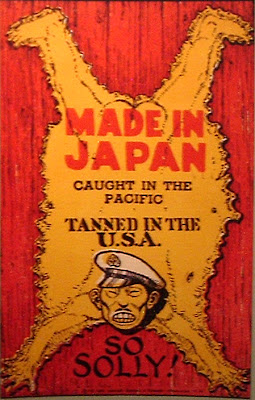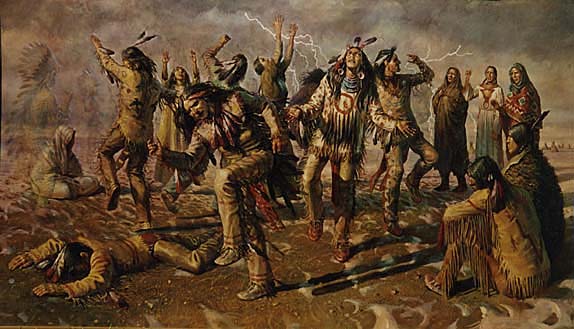I find it ironic that while some of our emotions have developed out of a genetic evolution, those same adaptations are now wreaking havoc on the psyches of those who don't fit into our little narrative. The first and most obvious example is that of physical beauty. "Along with the idea of romantic love, she was introduced to another- physical beauty. Probably the most destructive ideas in the history of human thought." (Bluest Eye 122) In this particular case, Mrs.Breedlove receives the idea of physical attractiveness from not the most reliable of sources- the movies. It's in part due to Hollywood that stigmatisms about appearance really begin to take shape.
To be sure, physical appearance has always been a part of genetic selection. More symmetrical faces are considered attractive because they indicate good genetics. Just as wide hips or breasts on a woman are deemed beautiful because they connect to the ability to birth and feed healthy children. But such attitudes were in the background of our consciousness and only came to present a challenge when faced with a different culture where the norm is suddenly upset. Suddenly, that innate niggling fear begins to crop up. "Fear of being rejected because of our appearance, abandoned by the group, left homeless." (anthology 370) This fear is also genetically programmed as our species is meant to thrive as a group. Generally speaking, becoming an outcast in the primordial world meant you were easy pickings for predators, hence the necessity to stay within the group. And out of such a fear, people have a tendency to lash out.
 |
| Physical appearance and adhering to the norm are a big part of avoiding becoming ostracized. http://wwwbluemoonriver.blogspot.com/2007/07/bluest-eye-featured-in-quilting-arts_30.html |
To protect ourselves, we degrade other's self-worth. It's a vicious cycle that is all too easy to fall into. And even those who know that they are being abused by the community at large seem often unable to escape its pull. "He believed that since decay, vice, filth, and disorder were pervasive, they must be in the Nature of Things." (Bluest Eye 172) I assume it's because if you've heard often enough how ugly or unworthy you are, no matter how much self-esteem you originally had, you'll eventually start to believe it.
And just look at the imploding self-destruction that happens within the Breedove family. "No one intervenes to save the Breedloves: they face the ineluctable fatality of Psalm 109: 'May the crimes of his fathers be held against him and his mother's sin never effaced." (anthology 389) And everyone in the family ends up suffering because of their acquiescence to the community's attitude of what they are.
But I don't mean to say the whole situation is irreparable. Yes in the novel Bluest Eye, the protagonist Pecola is never redeemed in the eyes of the community but this is a work of fiction and doesn't have to be the fate of the world at large. I think it's important to consciously be aware of assumptions of physical appearances that we make each day. Just analyzing our thoughts and reactions to everyday life can be awareness to the situation at hand. And that awareness is necessary to go to the next step of compassion. There's no perfect '5 Steps to being a Better Person' or some such short cut to solving racism, sexism, or even plain out meanness. But if we can slowly learn to see our failings and try to change, bit by bit, I think it's possible to move beyond our fear.









